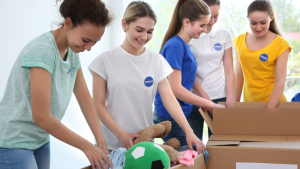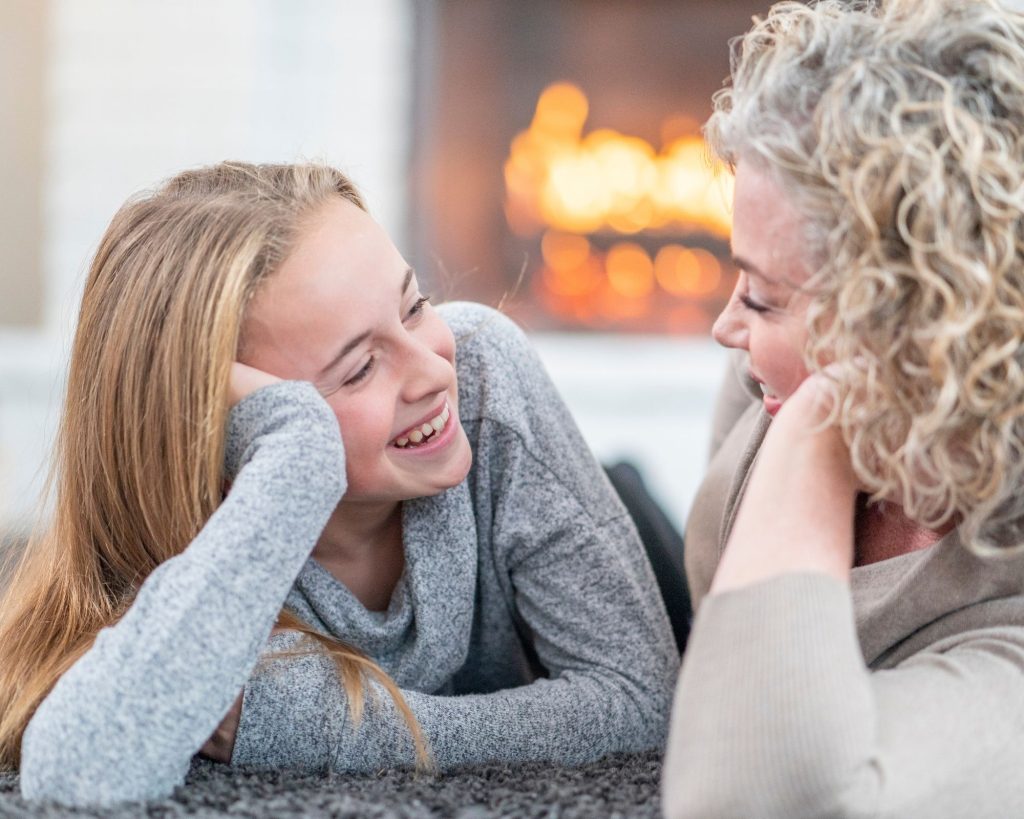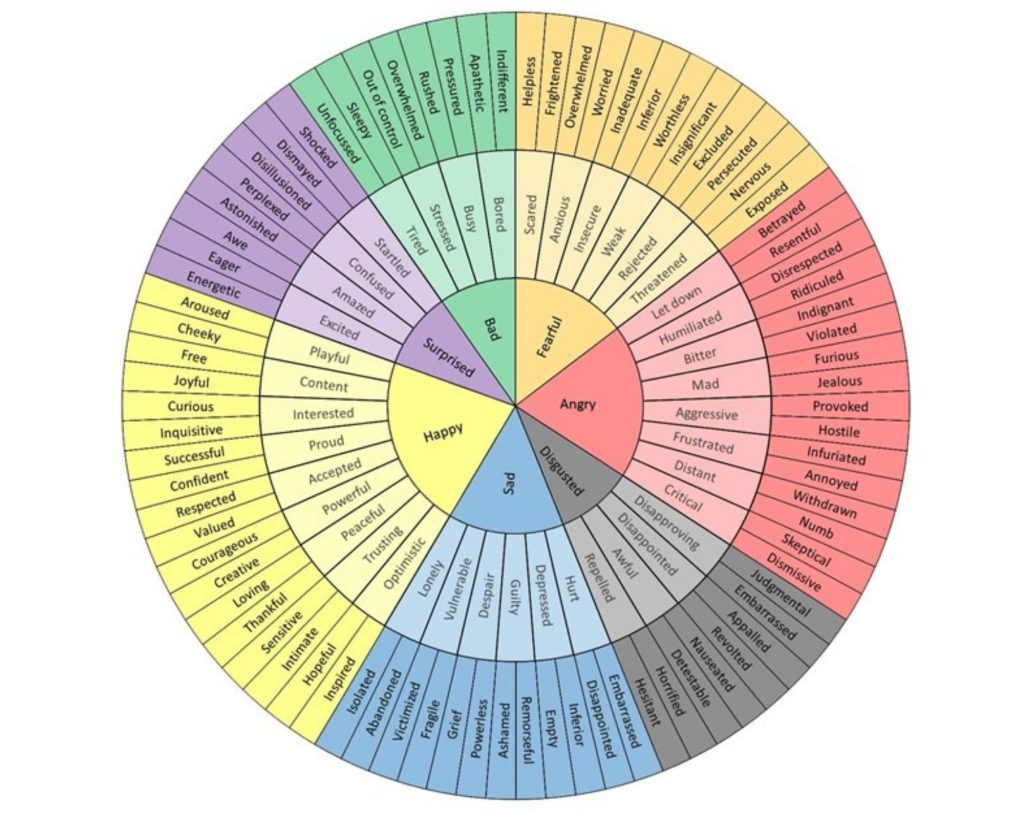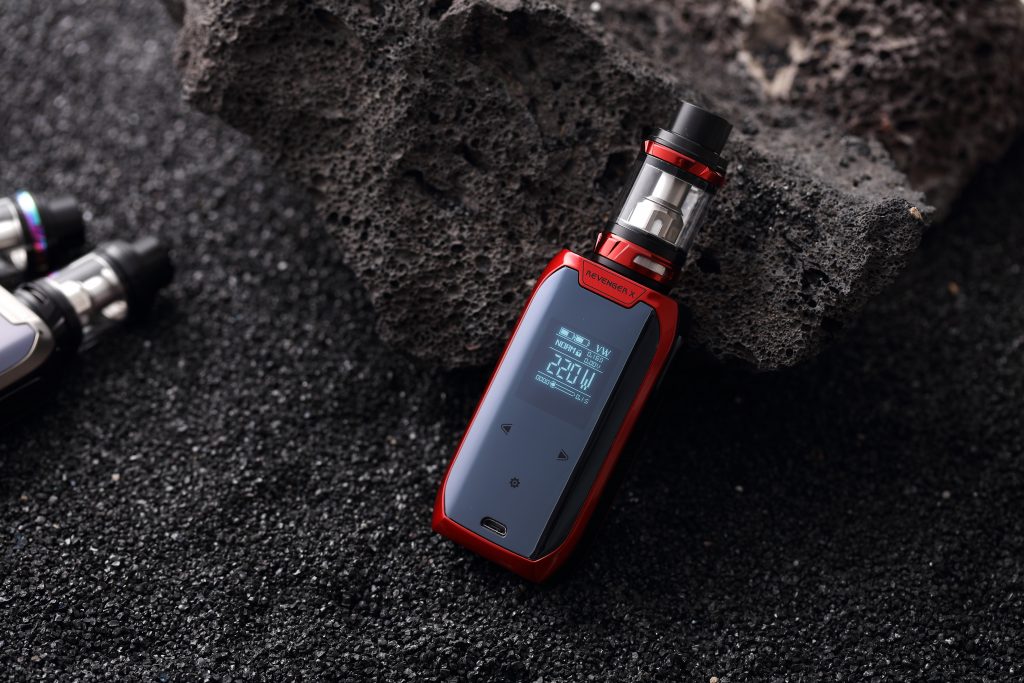Helping Your Teen Build Friendships
Helping Your Teen Build Healthy Friendships: The Power of Perspective-Taking
Parenting a teen girl is like navigating a constantly shifting landscape. One of the most valuable skills they can develop during this time is perspective-taking. The ability to see the larger picture beyond their experience. Being that a teen’s nature is to be egocentric (focused on themselves) your support as a parent to model and ask curious questions goes a long way in helping your teen build friendships.
At this age, friendships and social interactions take center stage in their minds. So when challenges arise—whether it’s a difficult friendship, a social letdown, or a situation where you clearly see the red flags—it’s natural to want to protect them by pointing out the negatives. However, jumping into this often creates backfire. Moreover, your teen daughter might be even more sunk into the drama and the toxic friendship. Shifting the conversation to get curious about what qualities bring happiness and fulfillment can be a powerful tool. Also, it can work towards helping your teen build friendships.
How to Raise Unbreakable Teen Girls: A guide for parents wanting to raise confident, resilient young women in today’s world. CLICK HERE FOR FREE DOWNLOAD <<<

The Power of Perspective to Help Your Teen Build Friendships
For example, highlighting why a particular friendship may not be serving them might not be beneficial. Instead, you can try inviting your teen into a different kind of reflection:
“Which friends bring you the most joy? Who do you feel good around most of the time?”
This subtle shift encourages them to observe their own emotional responses. Therefore, it doesn’t focus on perceived external judgment about their friend choices. This also starts to fine tune their listening to their own internal guide for healthy relationships. So it’s no longer about saying, “This friend is bad for you” but rather, “You get to decide what makes a friendship fulfilling.”
Imagine your teen beginning to think:
“Friend A and B are both in my life. However, I feel positive emotions 90% of the time with Friend A, while with Friend B it’s only about 10% of the time. The 10% of frustrating moments with Friend A aren’t a dealbreaker because there’s a lot of good brought into my life. Moreover, if I only feel positive feelings around Friend B a small fraction of the time, maybe that’s not enough to outweigh the negativity.”
This kind of self-driven reflection leads to natural boundary-setting, rather than a parent-imposed rule of who to hang out with.
How to Raise Unbreakable Teen Girls: A guide for parents wanting to raise confident, resilient young women in today’s world. CLICK HERE FOR FREE DOWNLOAD <<<
Building the Muscle of Perspective-Taking
Being there for her in tough moments is invaluable so this is not about trying to see the bright side all the time or looking through rosy coloured glasses. This is about validating and being supporting WHILE helping broaden their lens to empower their growing perspective taking skills.
Helping your teen daughter develop this mindset requires gentle, consistent practice. In addition, here are a few simple ways to reinforce perspective-taking in daily conversations:
Ask Curious Open-Ended Questions
Instead of focusing on the difficult aspects of relationships most of the time, encourage curiosity:
- “What was the best part of your day today?”
- “Who made you laugh the most?”
- “What’s one moment you really appreciated?How to Raise Unbreakable Teen Girls: A guide for parents wanting to raise confident, resilient young women in today’s world. CLICK HERE FOR FREE DOWNLOAD <<<

Shift the Narrative from Problems to Patterns
- If they’re venting about a friendship, you can validate their feelings while guiding them toward a bigger picture:
- “I can see why that was frustrating. Do you notice this happens a lot in this friendship, or was today just a tough moment?”
- “Who in your life makes you feel the opposite of this?”
Encourage Reflection, Not Immediate Action
- Teens don’t always need to act on an issue right away. Sometimes, a simmer to notice the pattern first is the next helpful step. A simple check-in like, “Let’s pay attention to what you notice and how it feels over the next couple of weeks,” can help them process things at their own pace, which can go a long way in helping your teen build friendships.

Why Perspective-Taking Matters
Developing this skill is about more than just friendships. It’s about emotional regulation, resilience, and self-awareness—all key tools for navigating life’s challenges. The ability to step back and make intentional choices will serve your teen in school, relationships, and eventually, in adulthood.
And the best part? You don’t have to have all the answers.
Just by modeling this approach, validating their experiences, and redirecting the focus toward the relationships and experiences that bring them joy, you’re helping them develop the internal compass they’ll use for years to come.
What’s one small way you could practice perspective-taking today to work towards helping your teen build friendships? We’d love to hear what’s been working for you.
Further Reading
If you liked this blog, be sure to check out our other blogs about communicating with teens such as this one: The Power of Language to Communicate with Teens • Pyramid Psychology
About Chantal

Hi! My name is Chantal.
I am a registered psychologist and teen coach working with teen girls around the globe (and their parents) to help them build Unbreakable Mindsets.
I was born in Ontario and raised in Alberta. As a result of my family encouraging us to speak French growing up (I didn’t always love it as a teen though!), I am bilingual. I love being close to the mountains and am in awe every time I see the beautiful landscapes. For now my RV is home and I offer virtual sessions.

























 Chantal Côté (she/her) is a psychologist and teen life coach living in Calgary, Alberta. After over a decade in non-profit and community mental health, Chantal started
Chantal Côté (she/her) is a psychologist and teen life coach living in Calgary, Alberta. After over a decade in non-profit and community mental health, Chantal started 





